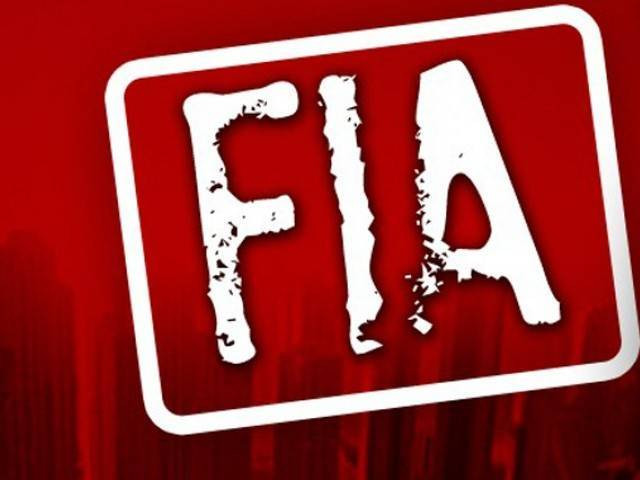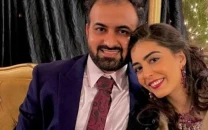FIA seeks legal cover to curb organ trade
Asks authorities to include Transplantation of Human Organ and Tissue Act 2007 and Amendment Act 2010 in its schedule

The agency said the task of curbing organ trafficking had remained hamstrung because it had no legal purview to stop the illegal trade under its current jurisdiction.
In the backdrop of growing illegal organ trade, the FIA has requested authorities to include the concerned legislation in its schedule to give it legal cover for an operation against it.
The FIA has requested the federal government to include Transplantation of Human Organ and Tissue Act 2007 (HOTA) and Amendment Act 2010 (HOTA) in FIA’s schedule.
The federal agency believes that such a step would enable it to function legally and help it to curb the illegal trade.
The FIA chief in the Punjab Zone in his letter alleged that doctors, paramedics and private agents were mostly involved in the illegal trade. It also claimed that FIA was unable to conduct cognisance of such heinous crimes because of having no legal purview.
“In order to proceed and take cognisance by FIA being premier investigation agency, it is requested that the federal government may kindly be approached to include the HOTA 2007 and Amend Act 2010 HOTA in the schedule of FIA enabling the agency to function legally and properly so that this menace could be curbed,” the letter said.
Organ trafficking is a practice that involves organs –mostly kidneys– purchased from living donors. It was criminalised in Pakistan, under HOTA, which was promulgated in 2007. That briefly led to a steep decline in transplants using vended kidneys, estimated at around 2,000 per year earlier.
Despite aggressive efforts mounted by the influential pro-organ trade lobby to derail the ordinance before it could become law, anti-organ trade campaigners won in 2010, when the National Assembly and the Senate passed the Transplantation of Human Organs and Tissues Act.
The law lays emphasis on organ donation that is “voluntary, genuinely motivated, not under duress or coerced”. It says that if a donor is not available within a patient’s immediate family (parents, siblings, spouse and offspring), “a non-close living blood relative” willing to donate his organ can do so provided an evaluation committee of the transplantation facility concerned is satisfied that no financial consideration is involved. Only in very special circumstances — such as unavailability of a family donor — can a non-related person donate an organ, provided there is no financial compensation.
Through an amendment in the Pakistan Penal Code (PPC), the police was enabled to take action against the growing threat of human organ trafficking in Pakistan. However, police has not yet been able to control it effectively and as it has not been included in the FIA’s schedule, it has no domain to control this menace.
As per reports the sale of human organ is a common phenomenon in underdeveloped areas of the country especially in southern Punjab. Many cases of kidnapping are also attributed to sale of kidneys. Generally, the donors under financial compulsion also sell their kidneys in exchange for Rs50,000 to Rs300,000.
Published in The Express Tribune, January 23rd, 2017.



















COMMENTS
Comments are moderated and generally will be posted if they are on-topic and not abusive.
For more information, please see our Comments FAQ